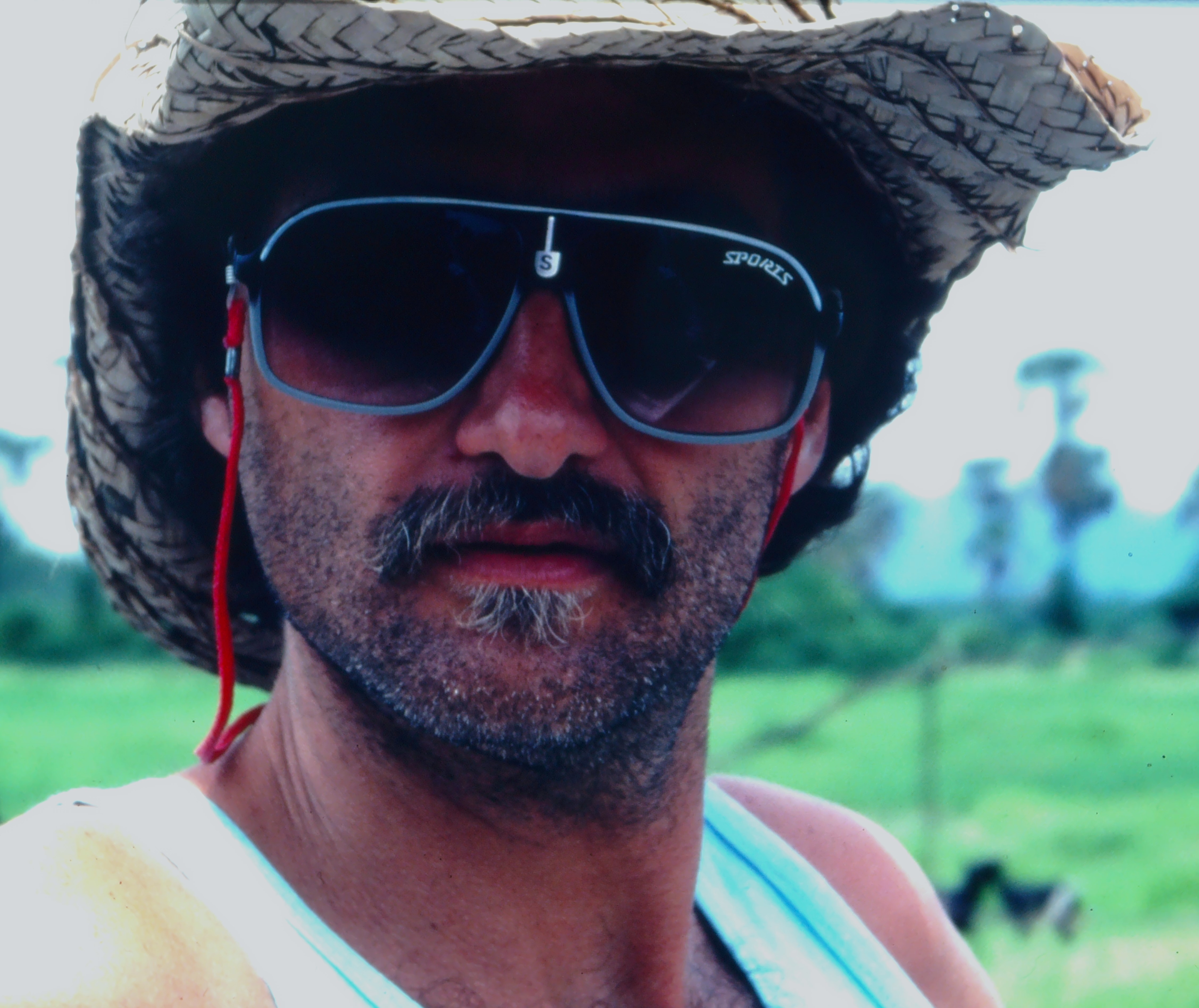
Earth Hour is a worldwide movement for the planet organized by the World Wildlife Fund (WWF). Earth Hours have been held annually since 2007. Last year about 20 million people took part. The Hour begins in Samoa and ends in Tahiti and has grown to include 192 countries and territories. Earth Hour in 2025 was March 22. In 2026 it will on the last Saturday of March.
Earth Hour encourages individuals, communities, households and businesses to turn off their non-essential electricity for ONE hour. The idea is to raise awareness of climate change and to demonstrate that we care about the Earth.
Can we make a difference? YES. While failed global efforts like the COP Climate Conferences, and the failures of rich nation-states to invest in the United Nations Sustainable Development Goals (SGDs) are alarming (and depressing), efforts like the Earth Hour have become another focal point for the global movement towards creating ecological societies and more sustainable futures.
Our global challenges are well known and daunting.
Over the last 70 years planet Earth has changed due to the effects of population and economic growth, coupled with rising demands for resources and resulting environmental impacts (Juniper 2016): global population has tripled; the global economy and consumption of natural resources have increased 10X; energy and freshwater uses have risen by more than 5X; more than half of humanity lives in cities, most on the coasts, discharging vast quantities of pollution to oceans; there have been mass extinctions of species and they are accelerating; burning of fossil fuels has caused a temperature rise on Earth changing weather patterns with a greater number of and more powerful storms, fires, floods and droughts.
There are alarming changes to our humanity, with rising irrationality and anti-science in too many places that borders on a level of mass hysteria, with dramatic increases in mental illness and perverseness – which is defined as “a person or their actions showing a deliberate and obstinate desire to behave in a way that is unreasonable or unacceptable, often in spite of the consequences”.
Humanity appears to be not only at war with the Earth, but also with itself.
If this is inexorably our destination, we become incapable of asking how we can be receptive to the fundamental changes we need to make towards becoming ecological societies that can restore Earth systems, and our collective humanity.
“To ensure a livable and sustainable future we need, we must reduce our carbon footprint and the greenhouse gas production by reducing the use of fossil fuels. We must adapt to a life which is simpler and more sustainable. We must give financial support to poorer countries. We must use the technology at our disposal to produce greener energy. There must be international cooperation. The alternative is rising sea levels and flooding; an undermining of health; food security; fresh water supply; a devastating effect on the poor who have done least to cause the rise in temperature – we need climate justice.” (The United Nations on Climate Action)
Continuing environmental degradation is not inevitable. Mother Earth has remarkable abilities to recover if we decide to build on positive examples from around the world that demonstrate what is possible. From Brazil to Denmark and Sweden, from Uruguay to Bhutan and New Zealand, there are hundreds of inspirational examples of what can be done across a range of sectors, including agriculture, aquaculture, energy, transportation, infrastructure, etc. Earth Hour has helped: Uganda established the first Earth Hour forest to reduce flooding and provide habitat for its invaluable biodiversity, and Argentina established a large marine protected area.
But nation-states are not playing adequate roles in the fundamental transformations necessary in the 21st Century.
Biermann et al. (2023) found in a review of actions by nation-states to meet the urgent 17 United Nations Sustainable Development Goals (SDGs) that they “have not led to the global sustainability transformation that is urgently needed." "The claim by the United Nations General Assembly in the 2030 Agenda for Sustainable Development that the SDGs would enable governments to take bold and transformative steps that are urgently needed to shift the world onto a substantiable and resilient path has not materialized.”
However, communities, villages, parishes, regions and individuals are.
Biermann et al. (2023) stated that “Assessments of the influence of the SDGs have shown that they had sizeable impact beyond national governments. Furthermore, “A new post-2030 governance system must therefore recognize the valuable role of local and provincial governments and provide stronger institutions, within the United Nations and beyond, to support subnational actions.”
Bookchin (1980) was a prophetic voice in this regard. In an essay in Towards an Ecological Society he stated that “We must phase out our formless urban agglomerations into ecocommunities that are scaled to human dimensions, sensitively tailored in size, population, needs, and architecture to the specific ecosystems in which they are to be located.”
Chief Seatttle (1854) reminds humanity that “Every part of the Earth is sacred. Whatever befalls the Earth befalls the children of the Earth. The air is precious for all of us share the same breath. This we know, the Earth does not belong to us, we belong to the Earth. This we know, all things are connected like the blood which unites one family. Our God is the same God whose compassion is equal for all. For we did not weave the web of life, we are merely a strand in it. Whatever we do to the web, we do to ourselves”.
References
Biermann et al. (2023). Four governance reforms to strengthen the SDGs. Science 381: 11590-1160
Bookchin, M. (1980). Toward an Ecological Society. AK Press, Chico, CA and Edinburgh, Scotland.


